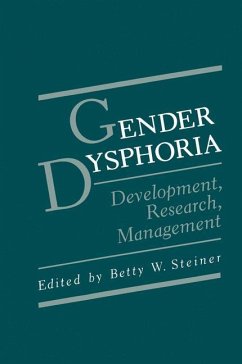
Forensic Management of Sexual Offenders
Versandkostenfrei!
Versandfertig in 6-10 Tagen
113,99 €
inkl. MwSt.
Weitere Ausgaben:

PAYBACK Punkte
57 °P sammeln!
Over the past several decades the seeming escalation of crimes involving sexually deviant, coercive, and aggressive behavior has become an increasingly serious problem, manifested in costs to both victims and society at large. The long-term psychological impact of sexual assault on adult and child victims has been documented numerous times. The costs incurred by society include a network of medical and psychological services provided to aid victim recovery, the investigation, trial, and incarceration of offenders-often in segregated units or special facilities-and the invisible but tangible bl...
Over the past several decades the seeming escalation of crimes involving sexually deviant, coercive, and aggressive behavior has become an increasingly serious problem, manifested in costs to both victims and society at large. The long-term psychological impact of sexual assault on adult and child victims has been documented numerous times. The costs incurred by society include a network of medical and psychological services provided to aid victim recovery, the investigation, trial, and incarceration of offenders-often in segregated units or special facilities-and the invisible but tangible blanket of fear that forces potential victims to schedule normal daily activities around issues of safety. Despite the gravity of the problem, there has been a paucity of empirical research directed at the etiology, course, remediation, and management of sexually deviant and coercive behavior. In treating these disorders and in making crucial decisions about how to manage these offenders, clinicians have been forced to rely on their personal experience. Such experience by its nature is unsystematic and lacks the validation that empirical research provides. The lack of sound empirical data addressing the problem is certainly noteworthy, though not surprising. The paucity of research in this area may well be attributable to historical scientific timidity about most aspects of sexual behavior. In 1922 Dr. Robert L.














